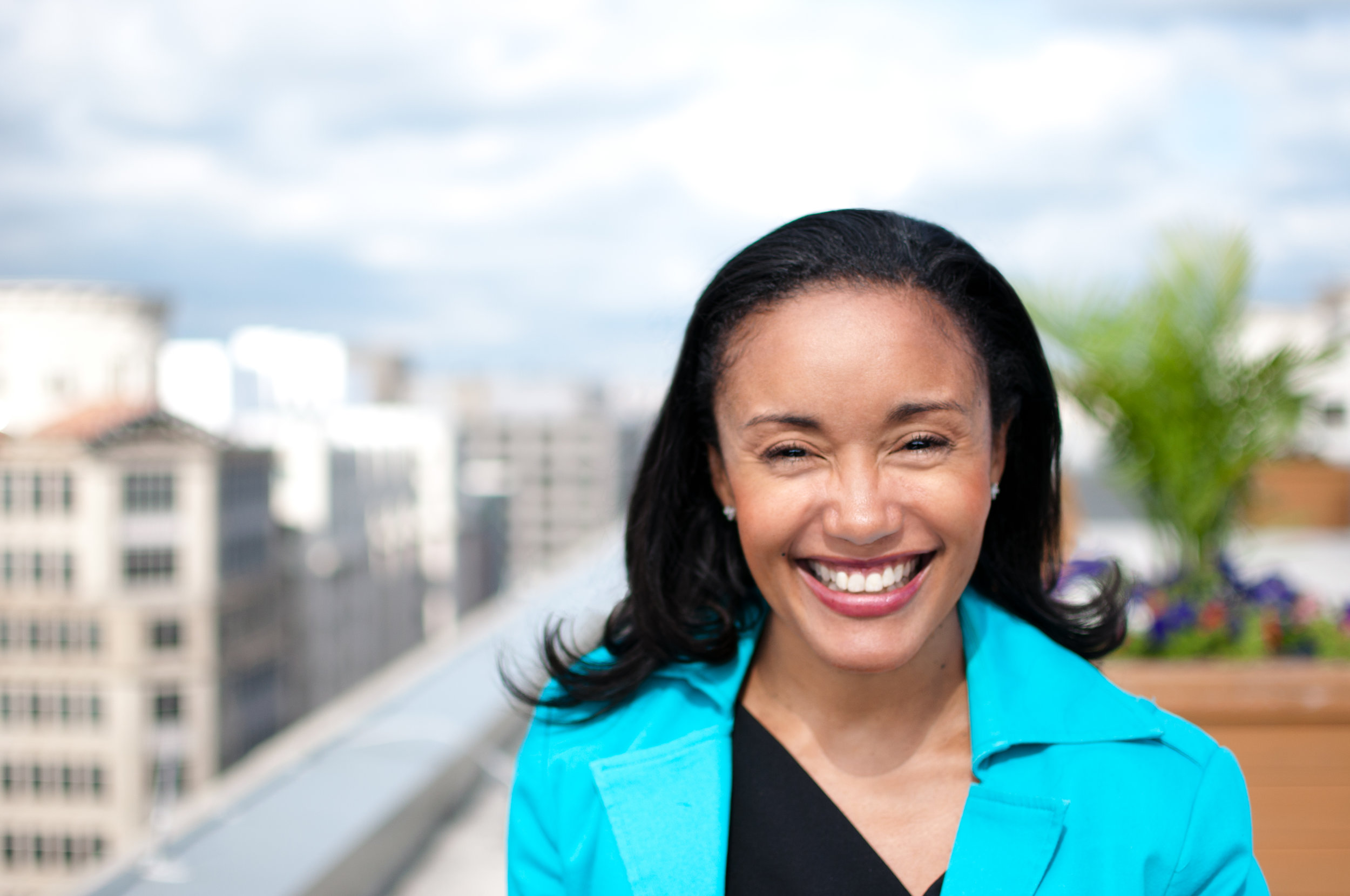ImpactAlpha, June 26 – America is undervaluing her assets. Tynesia Boyea-Robinson is helping reprice them.
Black-owned businesses are pathways to wealth and jobs in the Black community and a source of untapped growth for the U.S. economy. But they’re not served well by existing capital products or business support services. Many Black businesses like beauty salons and barbershops, childcare and home health-care services are cut off from resources needed to hire and grow.
“No one is looking at what the needs are of those markets,” Boyea-Robinson told ImpactAlpha.
Jacob Haar: Financing the financiers expanding small-business lending in America
Boyea-Robinson and her advisory firm CapEQ launched Path to 15|55 to build for Black business owners the type of support available to their white peers. “It’s policy working for you, it’s capital working for you, it’s your community seen as an asset not a liability,” she says.
The goal of Path to 15|55 comes from the findings of an earlier report: 15% of Black-owned businesses hiring at least one additional employee could generate 600,000 jobs and add $55 billion to the U.S. economy.
Recent investments in companies like Mayvenn (beauty salons), Squire (barbershops) and CareAcademy (home health care) are showcasing the untapped value in meeting the needs of Black-owned businesses.
CareAcademy raises $9.5 million to upskill a generation of caregivers
“Capital landing and flowing in a way that is not trying to upend and uproot what that community has, but figure out how to make it flourish with what it has, is a revolutionary act,” says Boyea-Robinson.
As chief impact officer of Living Cities she worked with entrepreneurial hubs serving Black businesses in cities like New Orleans and Albuquerque.
A high-school job at NASA shaped Boyea-Robinson’s expectations of what’s solvable. “My first example of what it looked like to work in the world was that humans can put people in space,” she says. “If we can put people in space, we can solve our world’s most intractable problems.”











